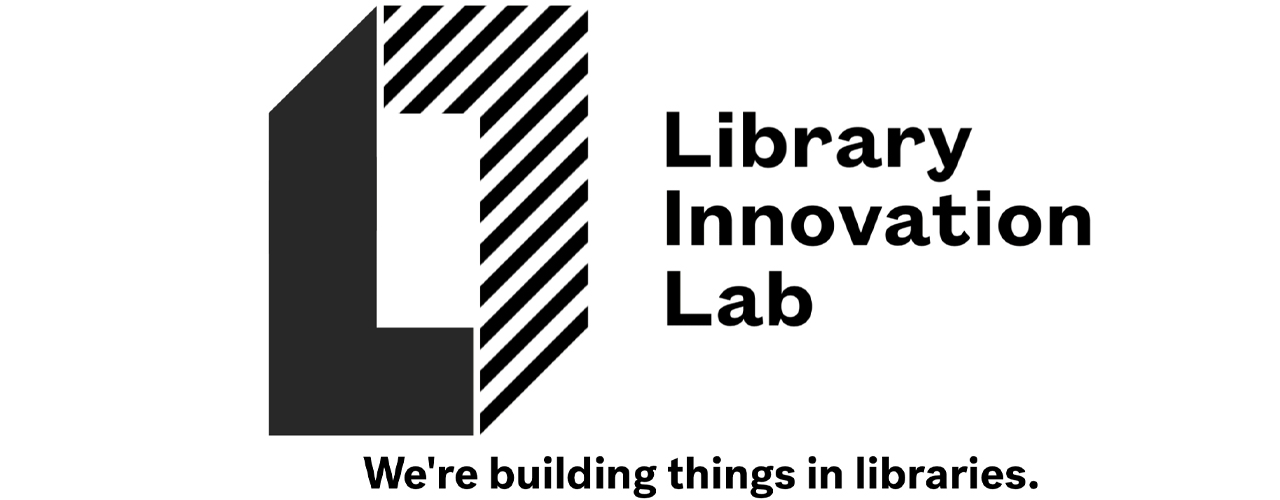
On July 27, the Filecoin Foundation for the Decentralized Web (FFDW) announced it will be supporting an initiative with Harvard University’s Library Innovation Lab (LIL) called the “Democratizing Open Knowledge” program. With FFDW’s support, LIL plans to explore decentralized technologies that can preserve digital information.
Democratizing Open Knowledge
While there’s a lot of information to consume in 2022, it’s hard to verify what is legitimate and there’s a significant amount of distrust toward mainstream media sources. In the U.S. for example, America’s trust and confidence levels in the media sunk to record lows in a recent Gallup poll published this month. Out of the American adults surveyed, only 16% said they had “quite a lot” of confidence in today’s news publications, and only 11% trusted news on television. Moreover, during the last few years, there’s also been a lot of disinformation and debates over technical definitions.
For example, this past week, the term “recession” became a controversial subject over the definition when the White House published two blog posts that show the government’s description of the word’s meaning. Over a period of 24 hours, Wikipedia’s definition of recession was changed dozens of time. Wikipedia revisions continue to this very day, and the Wiki page notes that “media outlets have circulated an outdated version of this article.” By simply leveraging the data saved on archive.org, for practically any month of the year besides July, the archived data shows that the definition of the word recession has changed a great deal since then.

On Wednesday, the Filecoin Foundation for the Decentralized Web (FFDW) revealed that it was working with Harvard University’s Library Innovation Lab (LIL) in order to preserve digital information via decentralized technologies. Harvard’s LIL and FFDW will contribute to the “Democratizing Open Knowledge” program, which aims to help libraries “share knowledge through technology.” Technologies include specific tools like the Filecoin network and the Interplanetary File System (IPFS). On Wednesday, LIL announced that FFDW will assist in advancing the goal to increase information accessibility through decentralized technologies.
“FFDW is on a mission to preserve humanity’s most important information,” FFDW’s president and chair Marta Belcher explained in a statement. “This collaboration will enable the Library Innovation Lab to explore how decentralized technologies can solve real-world challenges to preserve critical data, and we’re thrilled to support the Library’s Democratizing Open Knowledge program,” Belcher added.
FFDW Says Harvard’s LIL Already Has a Strong Background in ‘Protecting and Increasing Access’ to Information
IPFS, which is basically a peer-to–peer (P2P), file storage and sharing system, allows for the sharing and retrieval of files, website, applications and data within a distributed file system. Protocol Labs has created Filecoin. It is an open source blockchain that uses the IPFS distribution network. Filecoin’s native crypto asset filecoin (FIL) has increased 47.3% against the U.S. dollar during the last 24 hours, and FIL is up 67.1% during the past 14 days. Protocol Labs revealed at May’s end that they were working with Lockheed Martin, a Maryland-based defence contractor and aerospace firm, in order to introduce decentralized storage concepts into space.
According to FFDW’s announcement last Wednesday, LIL and FFDW plan to fight linkrot, explore the creation of strong dark archives, and protect valuable research data. LIL already has tools and websites such as perma.cc and opencasebook.org and the LIL Caselaw Access Project. Through collaborative efforts, LIL and FFDW want to address how technology can help establish “trustworthy sources” and the “long-term preservation of digital information.”
How do you feel about LIL and FFDW’s joint effort to protect digital information? Do you think technology can help decentralize access to today’s information and make it more reliable? Please comment below to let us know your thoughts on this topic.
Images CreditsShutterstock. Pixabay. Wiki Commons
DisclaimerThis article serves informational purposes. This article is not intended to be a solicitation or offer to sell or buy any product, service, or company. Bitcoin.com is not a provider of investment, tax, legal or accounting advice. This article does not contain any information, products, or advice that can be used to cause or alleged result in any kind of damage.